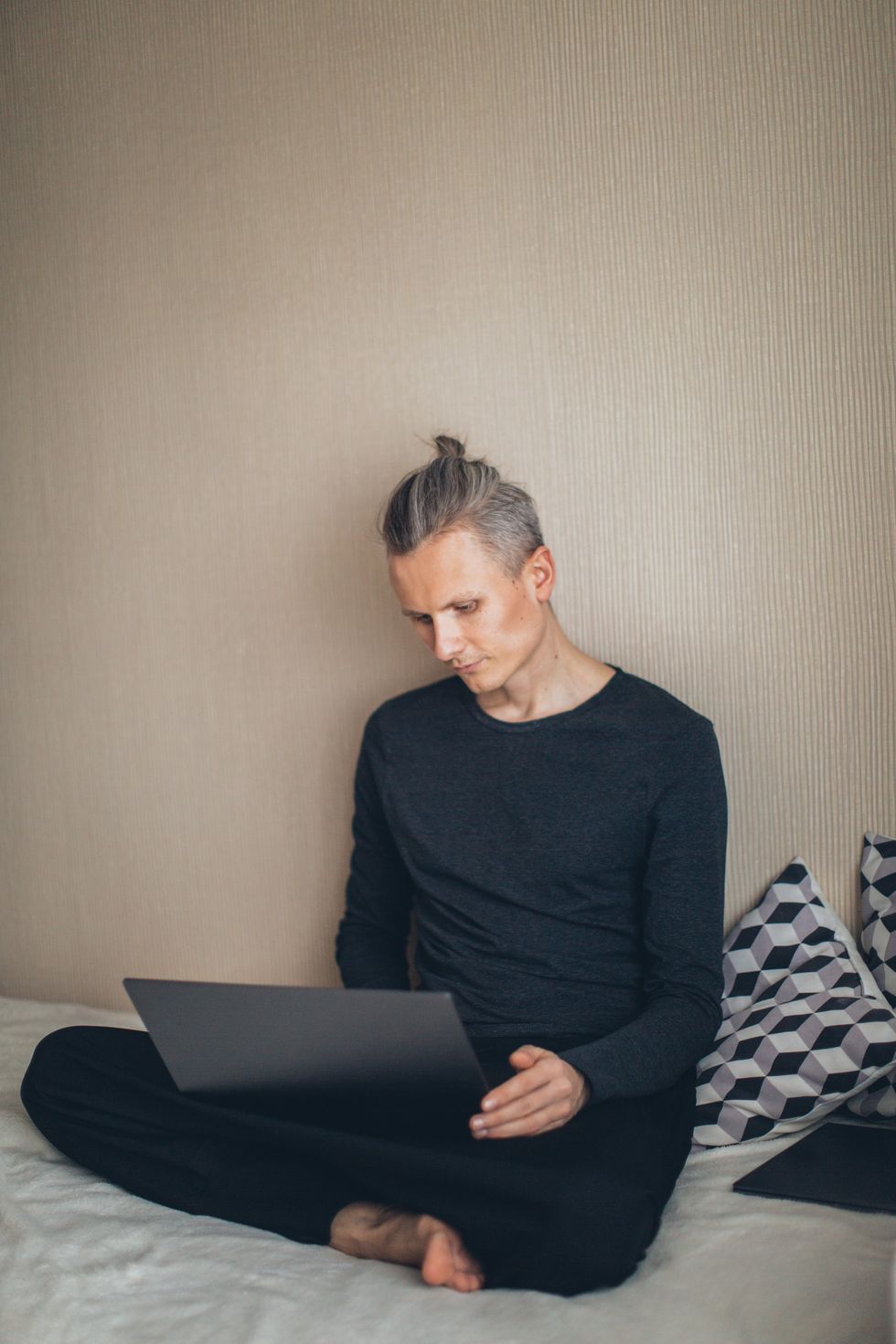
Drinking too much caffeine can damage your health
PEXELS
Some common lifestyle habits can affect sleep and contribute towards other health conditions
Don't Miss
Most Read
Trending on GB News
There are things many Britons will look forward to each day or week, such as a morning coffee or glass of wine at the weekend.
However, these small activities and other common lifestyle habits could be affecting our health in lots of ways.
Britons should be wary of low value diets, sedentary lifestyles, incorrect desk setups and a poor work-life balance as they are also bad for health.
The habits can lead to health issues such as insomnia, acid reflux, poor circulation, muscle pain, digestion issues and anxiety.

A bad working set up could put you at risk of the illnesses
PEXELS
GP partner Dr Tim Mercer shared his views with Opera Beds. He said: "In recent years, there’s been a noticeable increase in health conditions influenced by modern lifestyle habits, many of which contradict our natural biology.
“A lot of these issues affect sleep because it has a bidirectional relationship with overall health. People who are generally healthier sleep better, and those who sleep well are more likely to continue enjoying a healthy life.”
Focusing on good sleep can help the health conditions, according to the doctor, and some lifestyle habits can get in the way of this. What you drink can play a huge part in how well you sleep.
Consuming excessive amounts of caffeine can lead to disrupted sleep, he added.
Dr Mercer continued: "Many people rely on caffeine to get them through the day and experience varying side effects they see as ‘normal’.
"The sleep-signalling hormone adenosine accumulates in our bodies in the day and the more it builds, the sleepier we become.
"Caffeine prevents the drowsiness it triggers. It can disrupt our sleep-wake cycle and remains in our system for longer than many realise, with a half-life of up to six hours in some."
LATEST DEVELOPMENTS

Alcohol can badly affect sleep
PEXELS
The same can be said for drinking too much alcohol, and Britons should manage how much they consume.
He continued: "Drinking culture, including binge drinking, is prominent in the UK.
"Alcohol may induce drowsiness and make it easier to fall asleep, but as it’s metabolised by the liver, sleep becomes more fragmented and restless.
“Alcohol acts as a central nervous system depressant. It can cause muscle relaxation, leading to increased snoring and acid reflux. The combined use of caffeine and alcohol can contribute to a chronic cycle of sleep difficulties.”







